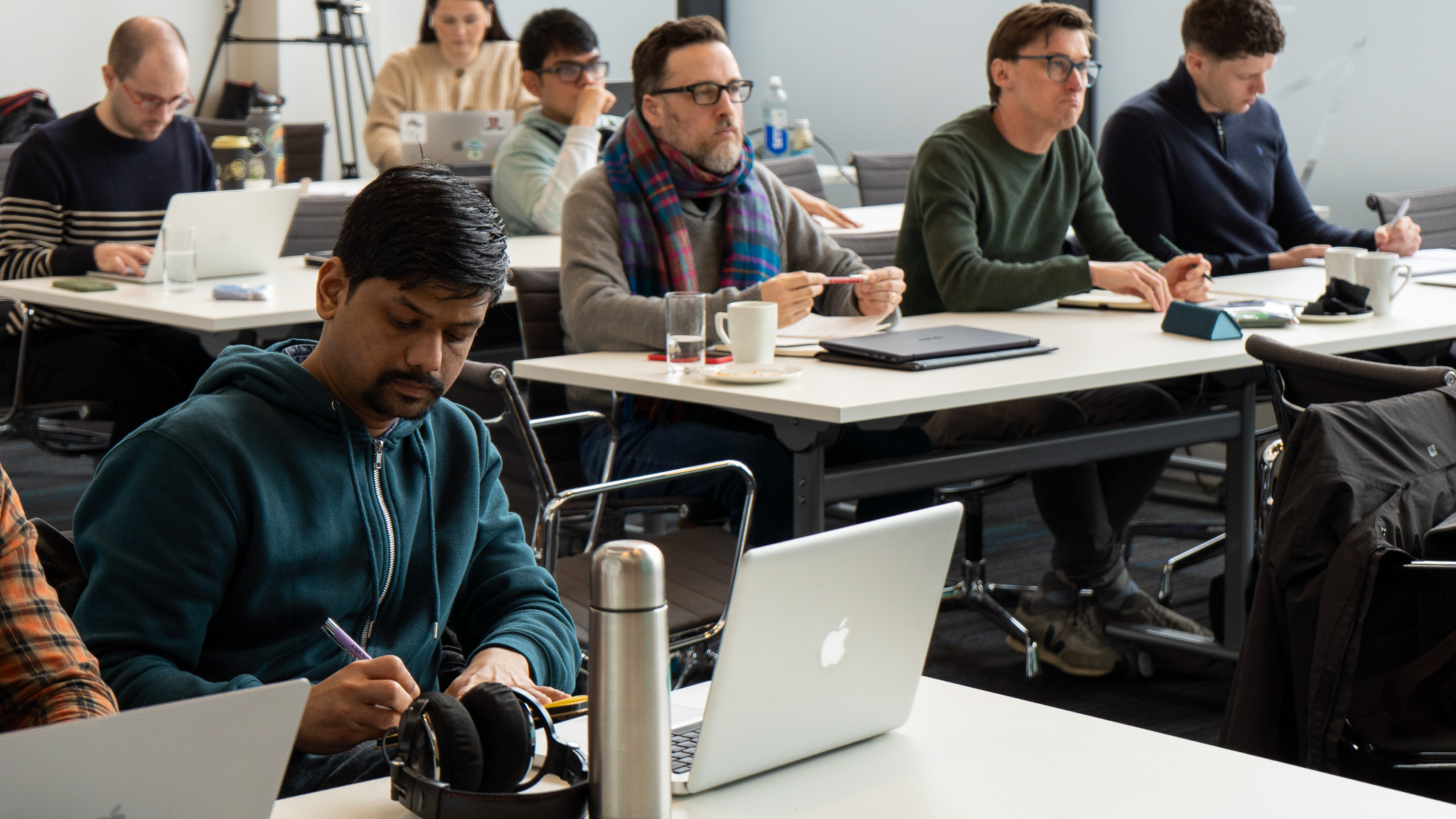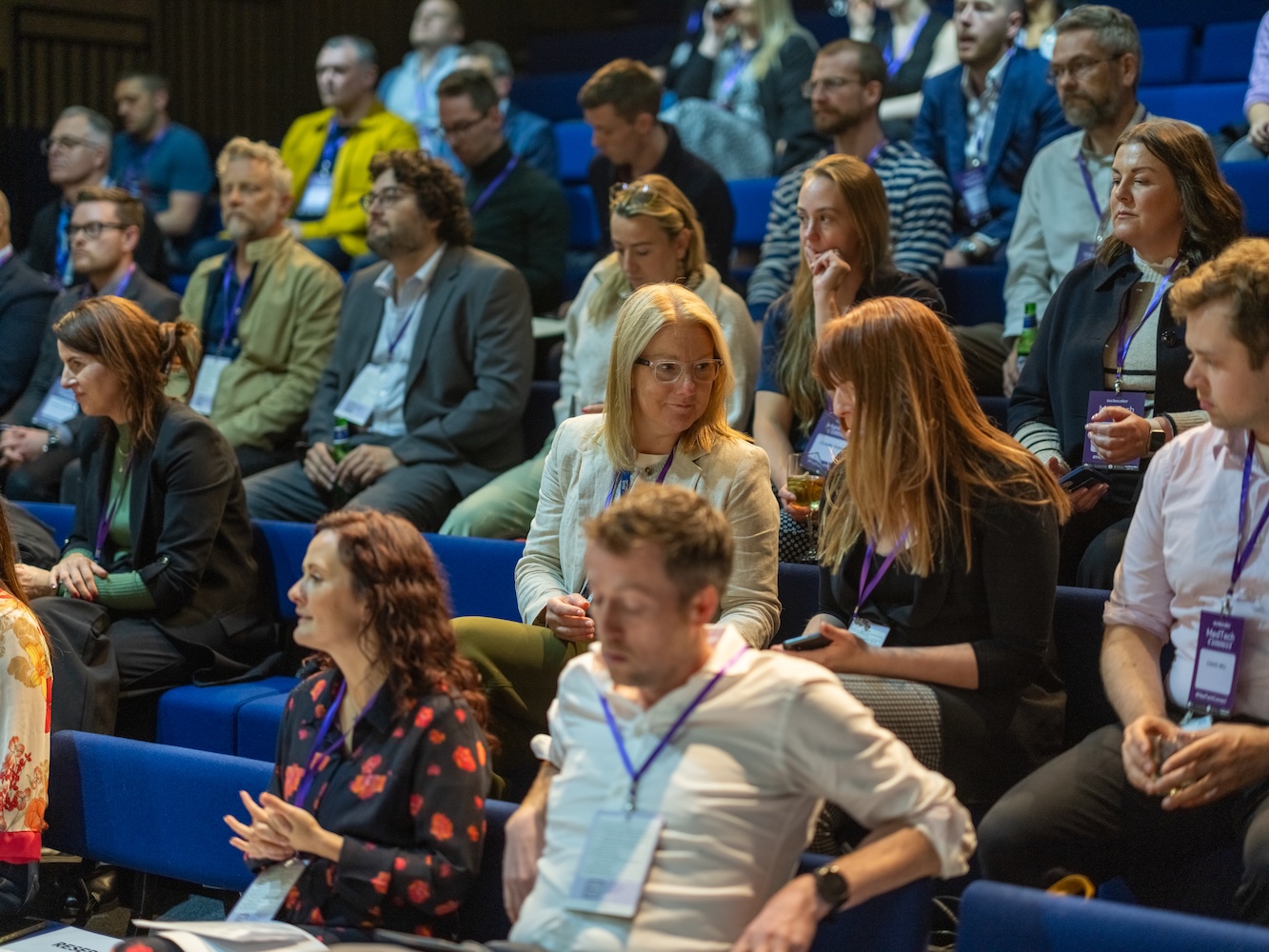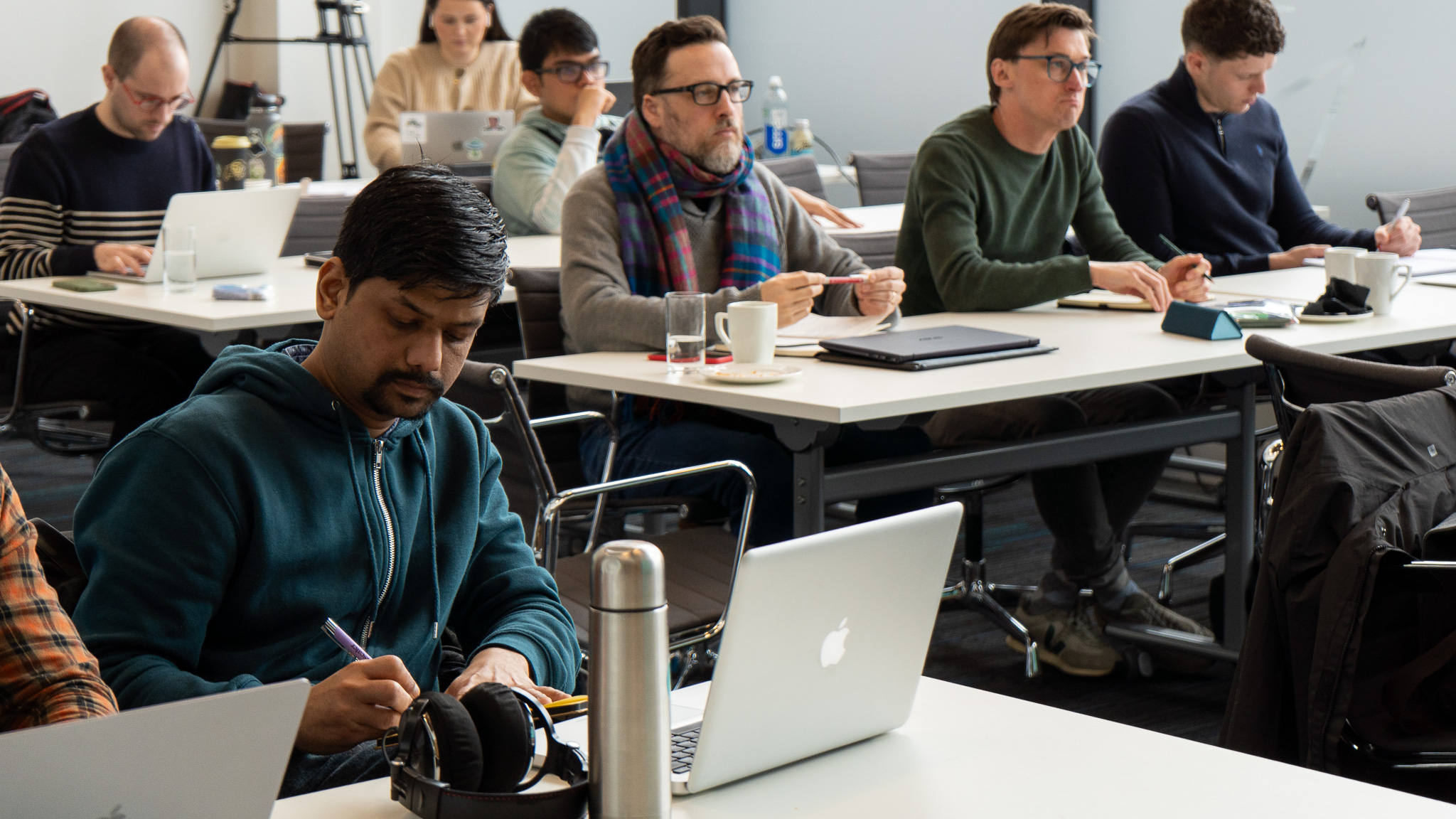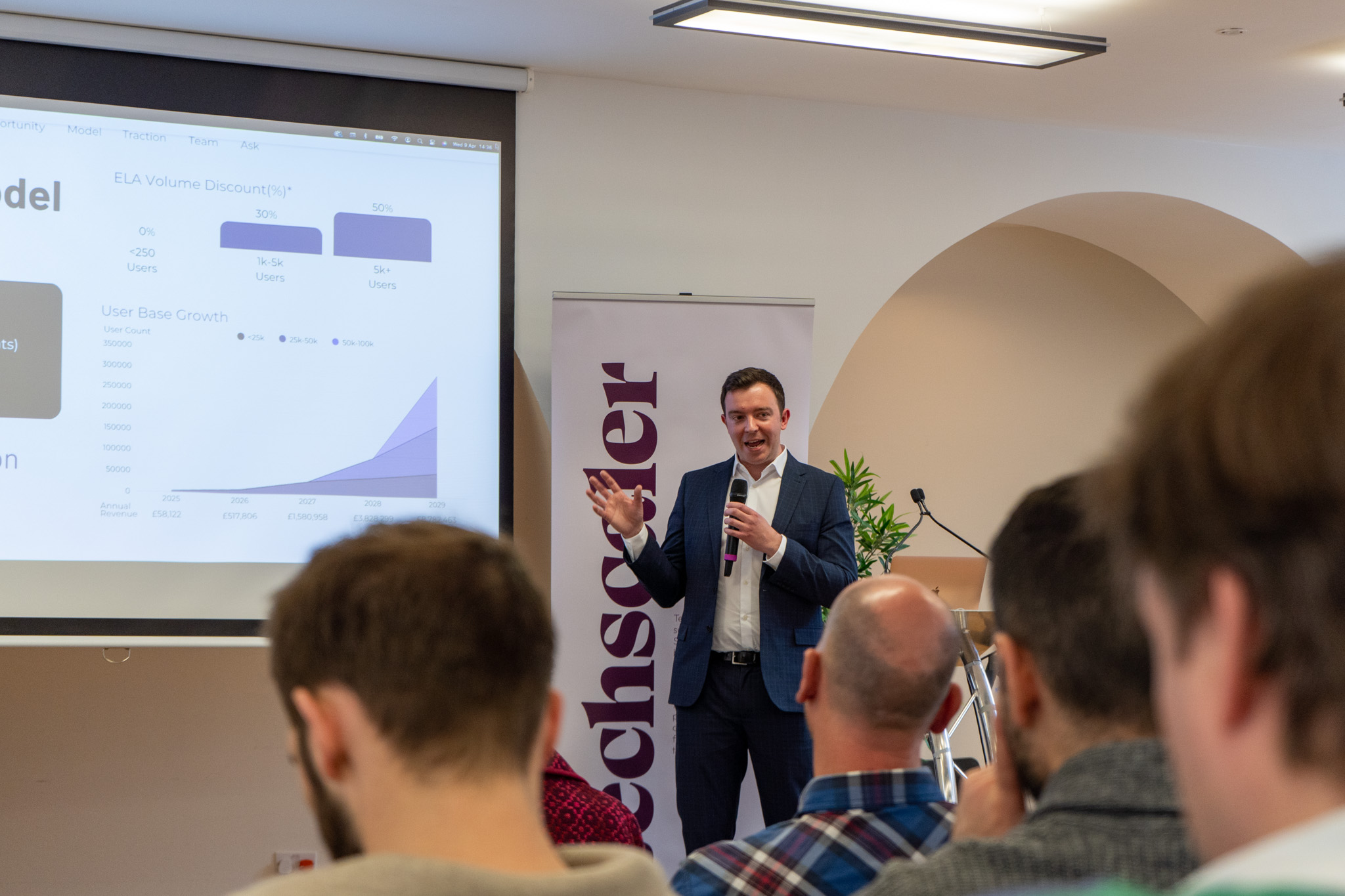Dr Matthew Freer, founder and CEO of Infix Support, is a consultant anaesthetist in NHS Scotland with a passion for improving efficiencies within operating theatres through software innovation.
Could you share a bit about your background and your startup?
I’ve worked in the NHS for over 20 years and have seen so many changes over the years but over the last 8 years I have grown frustrated by the inefficiencies within the operating theatres. In my practice, the most frustrating element I know for surgeons, nursing staff, was the poor planning of theatres and the lack of incentive to improve productivity. We rely on manual processes, paper and human estimates of operating times. Why are we not using the mass of NHS data we collect to create positive solutions? I used this in my own practice and within months we improved the workflow in theatres to allow more operations to be done.
This was the birth of infix! We built our cloud software, backed by 5 years’ worth of NHS operating times to allow automated, intelligent decisions and in 4 months we improved theatre efficiency over 25% in a large NHS health board. This is an extra 800 hip operations a year!
During Covid-19 operating theatres all but shut down so we concentrated on building a start of the art integration with NHS Scotland’s electronic patient record system to take away the manual process and show in real time the demand on hospitals, allowing more precise use of their precious resources. Once Covid settled and operating theatres opened again we discovered the extent of the surgical backlog, and increasing operating theatre productivity became a top priority of both health boards and the Scottish government. So, we now have a Scottish health-tech company, with a proven innovation to drive efficiency in operating theatres and therefore help drive down the surgical waiting lists.
What about the challenges you’ve faced so far in your startup journey?
Unfortunately, the public sector doesn’t work like the private sector. There are many levels of management, stakeholders and major behaviours that have to be addressed to bring innovation to the NHS. I would say this was the hardest part of my journey. We had a proven solution to a major problem and yet we were not welcomed with open arms. This is where my resilience was needed the most and this is where the training as a clinician is such a positive tool. We are used to dealing with high pressure situations and dealing with difficult outcomes. Due to slow sale cycles the constant stress of cash runways and the need to create revenue or investment takes its toll. But if life was easy then I would probably be bored so you need to embrace the hard times.
What are you hoping to achieve in the future as your business grows?
With one of the most rapidly growing markets within healthcare, Infix is in prime position to take a significant share within the waiting list management, theatre scheduling and remote patient access sector. We had many people doubt that we could achieve a national NHS Scotland contract in such a short period of time, but we always had confidence in the impact our solutions would bring. We plan to continue to expand our product range in Scotland but over the next 18 months we will have both NHS England and the UK private healthcare providers.
Our long-term goal is to become a global healthcare company, headquartered in Scotland, challenging the large enterprise corporations currently in the market. Many are built with outdated technology so we have an opportunity to be more agile and offer technologically advanced and sustainable solutions that will revolutionise how healthcare is delivered.
How was your experience of Techscaler Silicon Valley?
Techscaler is giving Scottish founders the opportunity to visit Silicon Valley in a more immersive setting, and this should be applauded. The set-up takes more of an independent approach which gives a better flavour of what it would be like to set up in San Francisco.
For me, I was able to talk to key people from the sector, other tech CEOs, and the investment community regarding the potential regional market for Infix and where the pain points are in US healthcare. I don’t know that this type of deep insight would be possible to grasp if I had not had the ability to meet face-to-face.
The US is obviously a huge market, but remember there are other very lucrative markets that will take less money and grit to access so it doesn’t always fit for your company. This is my only point of caution to founders that they don’t fall into the allure of the SV ecosystem for the sake of it.
The reality is California has a trillion dollar economy and the capital available cannot not be matched anywhere else on the planet. California may well be the ultimate dream, but not everyone is going to make it. Undoubtedly, the prize for those that can turn the dream into reality is huge.
Do you have any specific plans around growth and what comes next?
We are in our growth stage of the business and our immediate goals are a larger investment round to support our move into larger markets, while continuing our software development to keep us ahead of our competitors. We have a team in England ready to go and our current partnership with Intersystems, a global healthcare company, will give us access to the Far East and the UAE. We have the US in our sights, but this is planned for years 3 to 5.
How has Techscaler membership helped you on your journey so far?
Techscaler is not just about the community it gives founders, which in itself is vital for the lonely journey we as founders find ourselves on, but the coaching and mentoring it delivers. They have not only supported my trip to Silicon Valley to experience the reality of such a move, but also world class courses such as Reforge, which has shaped many of our decisions on future business strategies. As a clinician, not trained in business, this has been an essential part of our success to date.
Do you have any other reflections on the obstacles and successes you’ve encountered so far?
I found it very interesting that Jensen Huang, the Founder & CEO at Nvidia, said in a recent interview that if he knew how hard it was going to be to start Nvidia, he might have skipped it altogether. I believe many of us would say the same thing, as the sacrifices we have all made are massive, often with collateral damage. To be a founder you must be brave and resilient, but in truth you also have to be utterly selfish in your pursuit to succeed.






.jpg)





-2.jpg)














.png)

.png)





.png)
.png)
.png)
.png)

.png)
.png)



